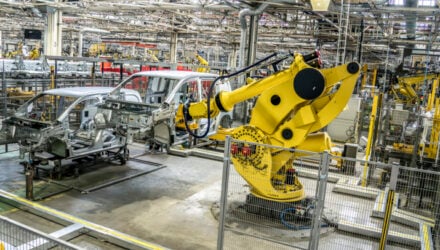
A 1% increase in the use of car rental at Heathrow would eliminate 225,000 unnecessary car journeys
“We want policymakers to understand the integral role that car rental and car clubs are already playing in the sharing economy”
If the government’s vision of a ‘sharing economy’ is to reach its full potential, then car rental and other forms of ‘pay-as-you-go’ road transport will need further government support according to the British Vehicle Rental and Leasing Association (BVRLA)
This is one of the key messages that the BVRLA and its members will contribute to the government’s independent review of the sharing economy when they meet with officials from the Department for Business, Innovation and Skills (BIS) this week. BIS has tasked digital entrepreneur Debbie Wosskow to explore the social and economic potential of the sharing economy in the UK, and make recommendations to the government on how this potential can be reached.
BVRLA Chief Executive Gerry Keaney said: “We want policymakers to understand the integral role that car rental and car clubs are already playing in the sharing economy, and their potential for future growth, given the right government support.”
Research has proved that users of car rental, car clubs and car sharing own fewer vehicles and have more sustainable travel habits than the average driving licence holder. The growing popularity of pay-as-you-go road transport is already helping to reduce congestion and air pollution in urban areas and has the potential to achieve even greater benefits with the right support in the form of parking, government awareness campaigns and user incentives.
A 1% increase in the use of car rental at Heathrow would eliminate 225,000 unnecessary car journeys to and from the airport according to a Transport Research Laboratoy report on the Rental Industry. In London alone, car journey sharing and car clubs could grow by 80% to include as many as 800,000 members by 2020. This would mean 79,000 fewer cars on the road, resulting in a 4.6% fall in NOx emissions and a 5.6% fall in CO2 emissions, not to mention a boost in London-wide productivity to the value of £238 million.






